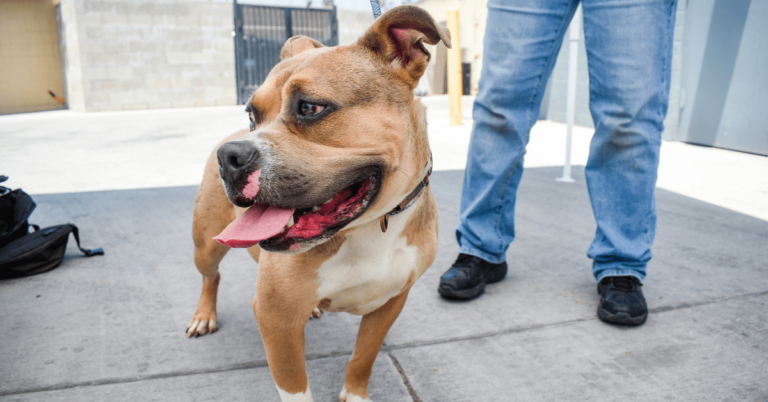Dog Constipation 101

As dog owners, we come to accept that dog poop is a fact of life. Sometimes it seems we spend half of our lives cleaning up the bodily waste of our furry little friends. And while dog diarrhea is extremely common, sometimes our canines have the opposite problem and get dog constipation. This health issue is is also pretty common and has a variety of causes. So why is your dog constipated? How can you fix it? Here’s dog constipation 101!
What Is Dog Constipation?
Dog constipation is when your dog isn’t pooping. Constipation also occurs whenever your dog has difficulty pooping or has infrequent bowel movements. Any dog can suffer from constipation, but it’s more common in senior dogs.
What Are Dog Constipation Symptoms?
If your dog hasn’t pooped in more than two days, they’re probably constipated. Other symptoms of dog constipation include crying, straining or crouching when trying to poop. You might also notice that your dog’s bowel movements are small, dry and hard. Some constipated canines also leak mucus out of their butts when they try to poop. You can read more about what healthy dog poop should look like here.
If you notice any of these constipation symptoms, we recommend contacting your veterinarian immediately. They can help treat the problem. And since some of these symptoms are similar to those of a urinary tract infection, it’s crucial to have a vet diagnose the issue.
What Causes Constipation in Dogs?
There are many causes for dog constipation, including:
- A diet that includes too much or not enough fiber
- Abscessed or blocked anal glands
- Not enough exercise
- Tumors or other masses on the anus or in the rectum which can obstruct that passageway
- Deformities in the bones or muscles that make it painful for your dog to crouch to poop
- Obsessive licking which leads to too much fur in the poop
- Tangled fur around the anus from not enough grooming or from being overweight
- A neurologic issue
- An enlarged prostate gland
- Side effects from various medications
- Foreign objects that get trapped in the intestinal tract
- Not ingesting enough water
- Dehydration from illness
- Injury to the pelvic area
Since some of these causes are quite serious, we recommend calling a veterinarian anytime your dog experiences constipation.
What Should I Give a Constipated Dog?
You should contact a vet when your dog is constipated. They’ll examine your pup and conduct tests to determine the cause. There are a variety of treatments they might recommend for getting your dog feeling better again:
- A diet with extra fiber (think wheat bran, pumpkin or other fiber-rich foods)
- Laxatives or stool softeners
- Vet-prescribed, high-fiber dog food
- Medications that will strengthen the large intestine
- Enemas done by a pro
- More exercise
We recommend getting your dog checked out by a vet ASAP if they’re experiencing difficulty pooping. If the problem isn’t treated in a timely fashion, the colon can get stuffed with a large amount of stool. This becomes immensely uncomfortable for your dog and can cause fatigue, loss of appetite, vomiting and other signs of illness.
Have you ever had a constipated dog? What did your vet recommend? Let us know on Facebook!


